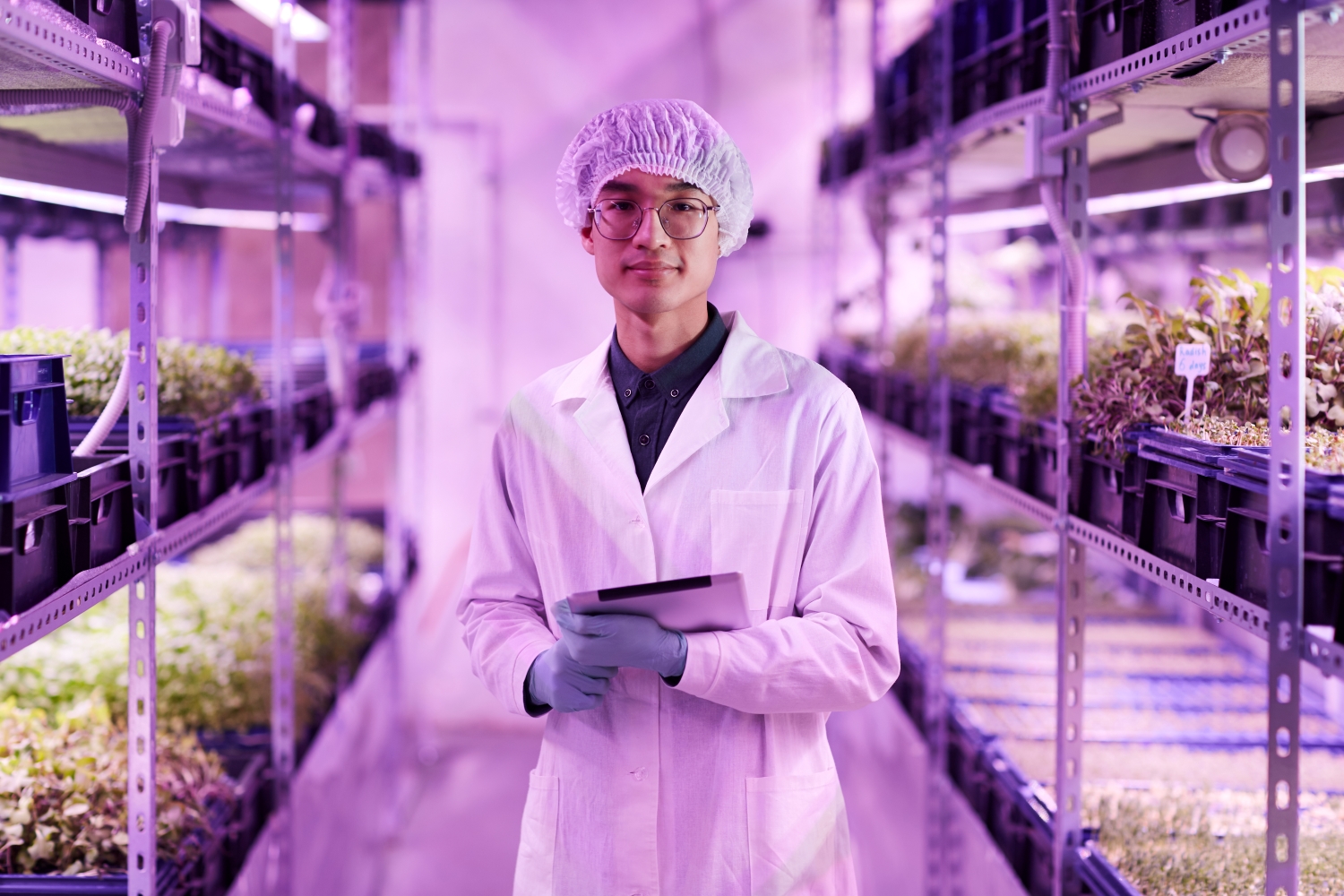The key to every successful business is a coordinated and educated team. When the time comes for hiring a new team member that means your hiring process begins. Let us help you with that by offering you this FREE Botanist Job Description Template to start with.
We listed the most important skills, duties, and requirements for this position, but you can easily customize it and let desirable candidates know what you seek in a new employee.
For full and professional hiring experience take a look at our VIVAHR Software.
Our hiring software gives you countless resources, tips, and features to upgrade your business!
Discover how to create eye-catching job offers, keep track of your business data, and many more!
Good luck! 🙂
What is a Botanist?
Botanists, also known as Plant Biologists, are scientists who study plants.
The field of botany is very broad and Botanists typically specialize in a specific area of this science.
In general, Botanists study plant evolution, reproduction, biochemistry, processes, taxonomy, and environmental impact.
They conduct research and analyze information and findings to develop environmental protection programs, and improve the conditions for existing plant species.
They also study plants that are used for food, medicine, and fabrics.







